AUTHORS: Antoine Lucic – Jesus Urios – Bartosz Brzeziński
Key messages
- Three-quarters of European consumers (76%) agree that we need to consume less to preserve the environment for future generations and most say that they would like to spend more time with family and friends (78%) or to spend more time in nature (74%) – activities that do not necessarily involve material consumption
- For our consumption patterns to stay within planetary boundaries, each European would have to reduce by 80% the amount of natural resources they currently use for nutrition, housing, mobility, and leisure
- To promote a truly sustainable consumption, European policies must go well beyond green labelling and ensure that all products and services are safe for the consumers – and the planet. The focus should be on raising consumers’ awareness regarding the impacts of overconsumption and enabling them to engage in more sustainable lifestyles
- The regulation of advertising could help curb overconsumption while promoting a more sustainable consumption of goods and services
The COVID-19 crisis has led to major changes in Europeans’ consumption habits. From the expansion of e-commerce and the predicted increase in car sales to the soaring consumption of coffee and hair colouring products – few, if any, sectors will remain the same in a post-pandemic world.
| Download the policy brief (272 kb) |
But our planet’s resources are not infinite, and the way we consume them today – at a high rate and along a largely linear trajectory – is not sustainable. In the simplest terms, if everyone around the world consumed like Europeans, we would need three Earths’ worth of natural resources to maintain our way of life.
The EU has made strong steps towards addressing unsustainable consumption – including with the action plan on circular economy announced earlier this year. However, up to 60% of Europe’s environmental footprint linked to consumption occurs outside the EU’s borders, according to the European Environment Agency.
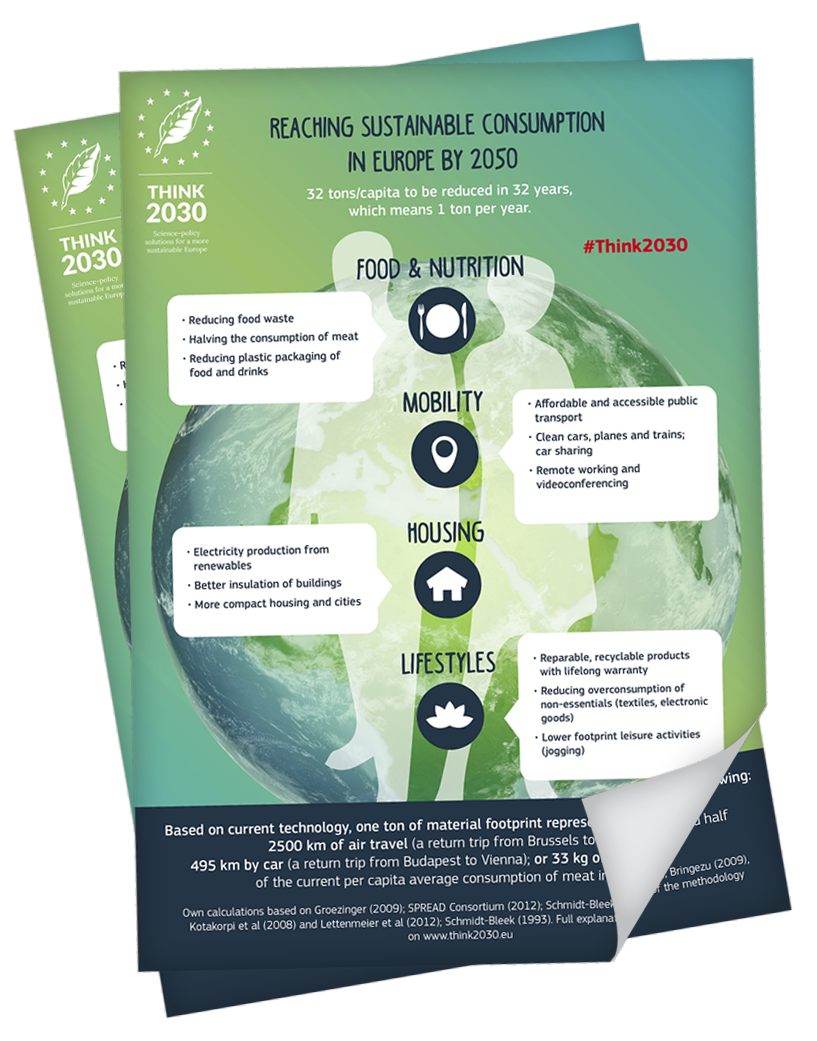 Reaching sustainable consumption in Europe by 2050 (full resolution) Reaching sustainable consumption in Europe by 2050 (full resolution) |
If current models of consumption do not change, the amount of materials needed to meet customer demands could triple by 2050 compared to 2000. On a per capita-basis, Europeans consume 14 tonnes of raw material each year1, resulting in an “ecological footprint”2 of 4.3 global hectares (gha) per person in the EU, compared with the global biocapacity of 1.7 gha per person3.
Concretely, for our consumption patterns to stay within planetary boundaries, each European would have to reduce by 80% the amount of natural resources they currently use for nutrition, housing, mobility, and leisure.
This can be achieved through a combination of efficiency and sufficiency – efficiency to reduce the material footprint of everyday consumption, and sufficiency (i.e. reducing overall consumption) for those items whose footprint cannot be brought to an acceptable level by efficiency only – see the infographic on the left for some examples.
Unlocking a truly sustainable consumption
While reducing our overall consumption is necessary, much more needs to be done to encourage – and enable – people to spend more of their time and money on activities that do not involve material consumption.
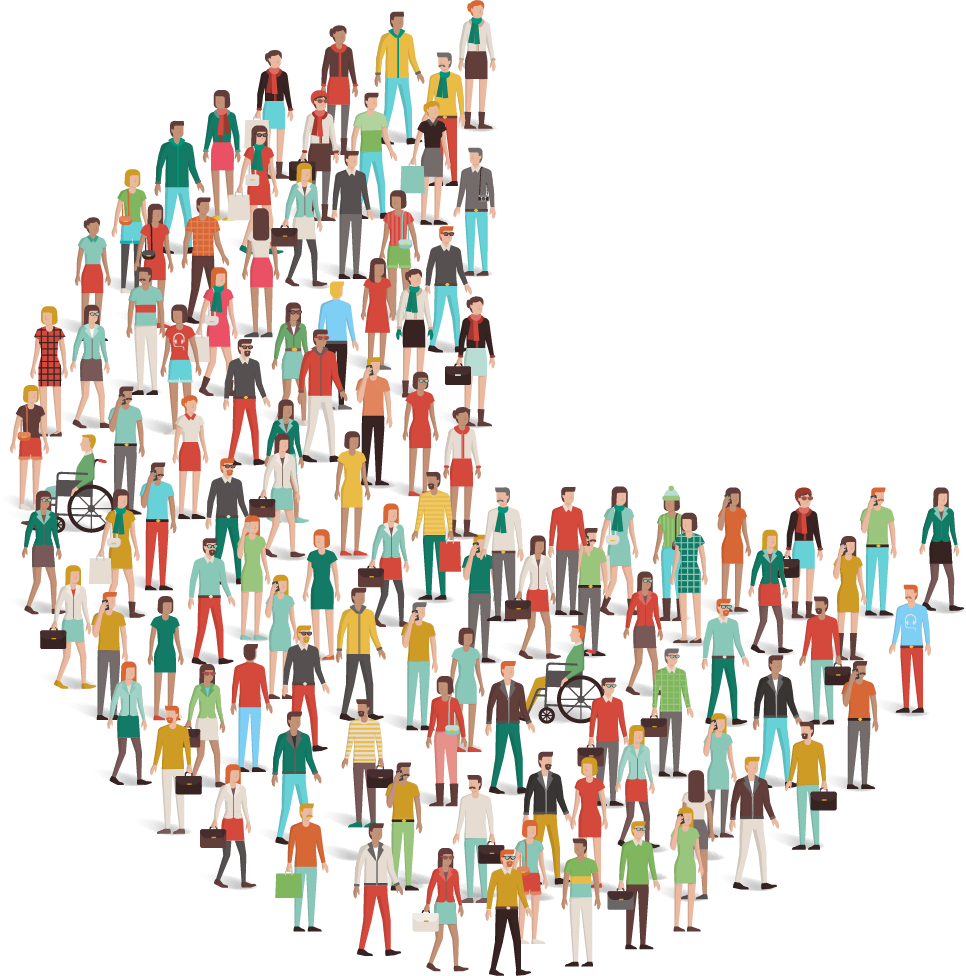 At least 74% of Europeans want to engage in activities that do not necessarily involve material consumption At least 74% of Europeans want to engage in activities that do not necessarily involve material consumption |
A recent study by GlobeScan shows that a significant proportion of consumers in the EU would like to spend more time with family and friends (78%) or to spend more time in nature (74%). The French are particularly interested in spending more time with family and friends (80%), whereas Swedes (80%) and Germans (79%) are the keenest to spend more time in nature.
The study, conducted in the wake of the COVID-19 crisis, found that three-quarters of EU citizens (76%) agree that we need to consume less to preserve the environment for future generations, but only around 53% say they would like to buy fewer things.
Enabling consumers
Policies, such as those in the European Green Deal, need to firstly enable consumers by providing them with access to alternative lifestyles. Such promotion of low-carbon nutrition, mobility, housing, and lifestyles would help tackle both the volume of consumption and its composition.
The policies also need to address sustainability and equity challenges linked with luxury consumption, since today, the world’s richest one per cent are responsible for more than twice as much carbon pollution as the poorest 3.1 billion people, and these deep inequalities are observed both between and within countries. In Europe, the level of material deprivation varies from 3% of the Swedish population to 47% of the Bulgarian population.
In Germany, the Ecologic Institute has co-developed a database of activities that can contribute to implementing the Sustainable Development Goal 12 on sustainable consumption and production patterns.
Once stay-at-home orders and lockdowns are eased, one example could entail creating urban and natural environments that allow people to spend recreation time on community-oriented participatory activities, like community musical and theatrical productions, or participation in sports teams and clubs.
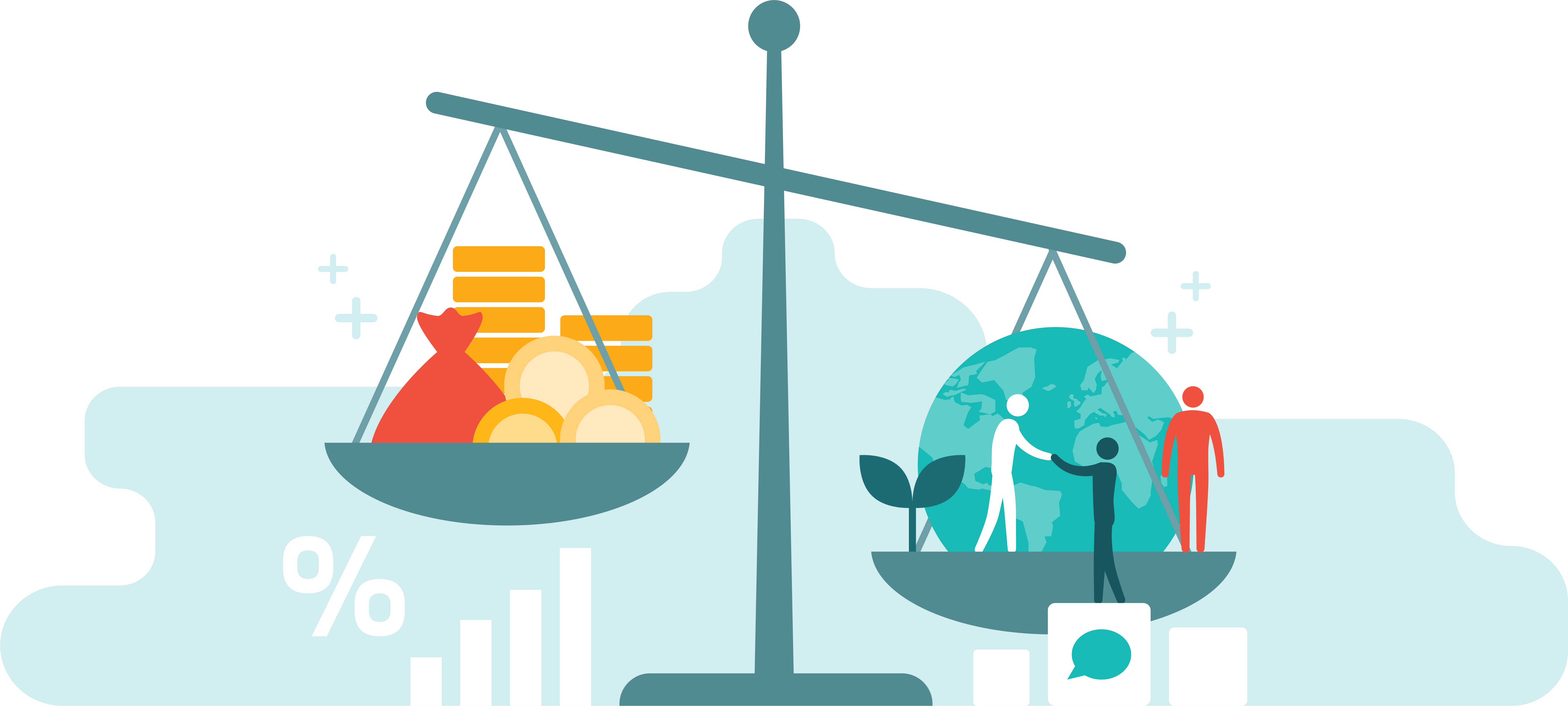 76% of EU citizens agree that we need to consume less to preserve the environment for future generations 76% of EU citizens agree that we need to consume less to preserve the environment for future generations |
It is here that local public institutions can also play a key role in stimulating such activities, for instance, by granting free access to museums and monuments and engaging in promotional activities to raise awareness of the effects of overconsumption on the environment.
This in turn would lead to a decline in material consumption since phenomena such as Black Friday encourage the overconsumption of non-essential goods – from fast fashion to electrical appliances and electronic goods. These products represent 21% of the material footprint of European consumers, yet are the least essential part of our consumption, compared to housing, mobility, or nutrition.
There are no EU-wide estimates on the quantity of consumer goods thrown away each year, but in France, the estimated value of consumer goods destroyed annually varies from €630 to €800 million; in Germany, it is as much as €7 billion.
Putting all the responsibility on consumers is far from the solution. European policies must go well beyond green labelling and ensure that all products and services are safe for the consumers – and the planet.
Regulation of advertising
The regulation of advertising could help curb overconsumption while promoting a more sustainable consumption of goods and services. Examples of such regulations already exist for the tobacco industry, but also in the new frameworks regarding marketing towards children. Proposals for other sectors are ample.
The New Weather Institute has called for a ban on advertising of sports utility vehicles due to the risk posed by the increasing sales of SUVs on achieving the UK climate goals. While an intense debate on the regulation of advertising is currently ongoing in France, four national chambers of commerce, representing thousands of companies from across sectors, have called for a ban on Black Friday.
Elsewhere, we have also seen the emergence of alternative actions to resist Black Friday, such as IKEA’s buy-back scheme. At the EU level, an occasion to start this debate might be created by the evaluation of the ‘New Legislative Framework for Products’ on a common framework for the marketing of products and the accreditation and CE marking provisions (REFIT). Another approach would be to challenge the marketing and advertising industry to make clear pledges as part of the climate pact.
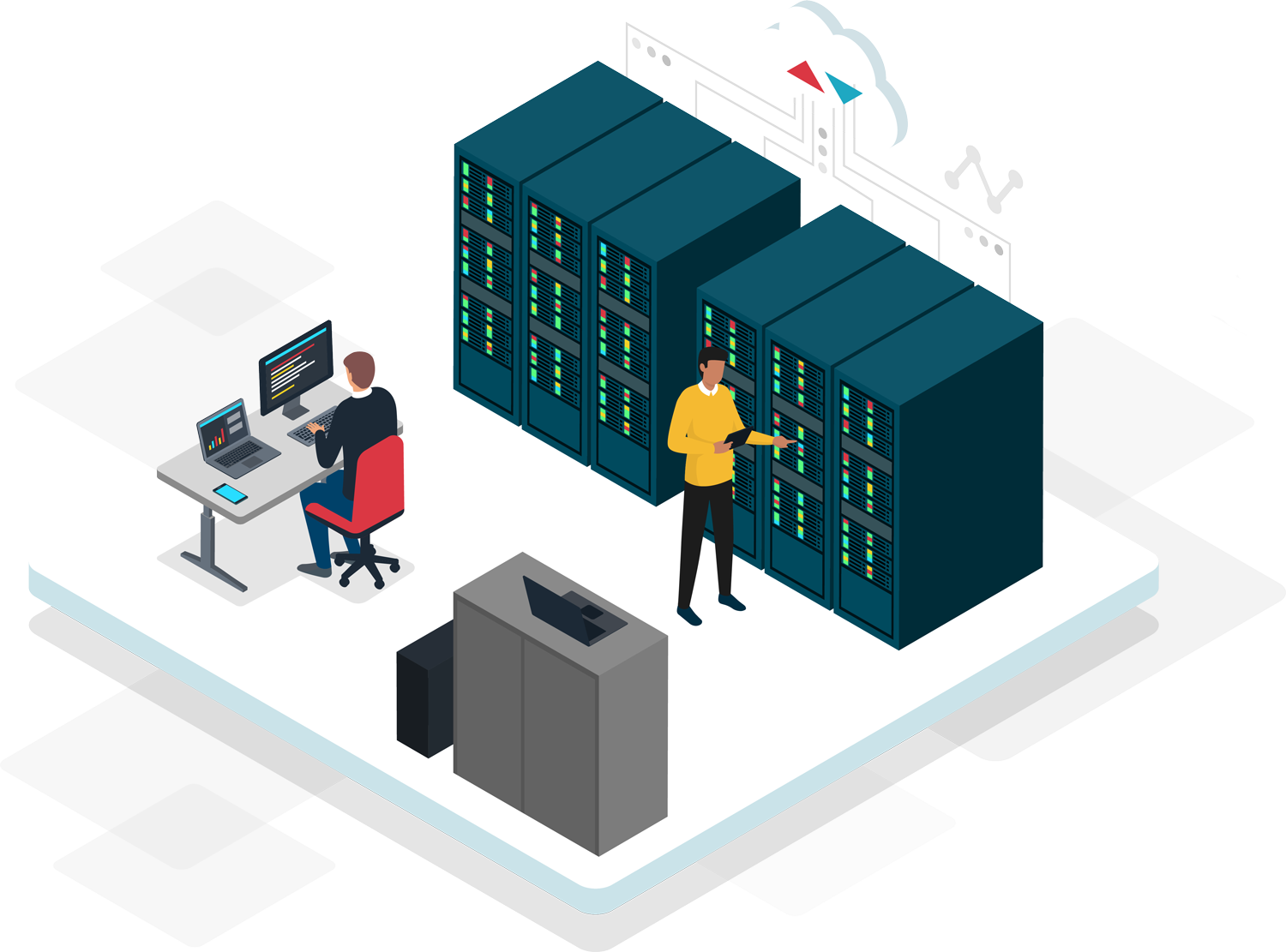 Data centres account for around 2% of global greenhouse gas emissions – equivalent to all air traffic Data centres account for around 2% of global greenhouse gas emissions – equivalent to all air traffic |
The COVID-19 crisis has led to major changes in our consumption habits, including increasing our digital consumption of products and services. Digital technologies emit 4% of all greenhouse gas emissions, and their energy consumption is increasing by 9% annually. Data centres account for around 2% of global greenhouse gas emissions – equivalent to all air traffic.
Digitalisation, however, can also be used as an opportunity to address drivers of overconsumption and explore what eco-efficiency – and eco-sufficiency – means for the digital economy. Initiatives such as Nubo, a Belgian cooperative working for ethical online services and promoting digital sobriety, provide inspiration on how digitalisation and sufficiency can drive positive change.
The recent study by GlobeScan found that fewer than one in five (19%) Europeans claim they need a lot of material possessions to be happy and a significant proportion of those surveyed said they would be interested in new approaches that reduce consumption, such as renting items like furniture or clothing (68%), buying used products (49%), or even sharing products with others (37%).
This shows that Europeans are willing to adopt more sustainable consumption habits. It is now up to the policymakers and the private sector to ensure that the more sustainable and safer products and activities are the easier alternatives.
This briefing was produced in collaboration between IEEP and GlobeScan.
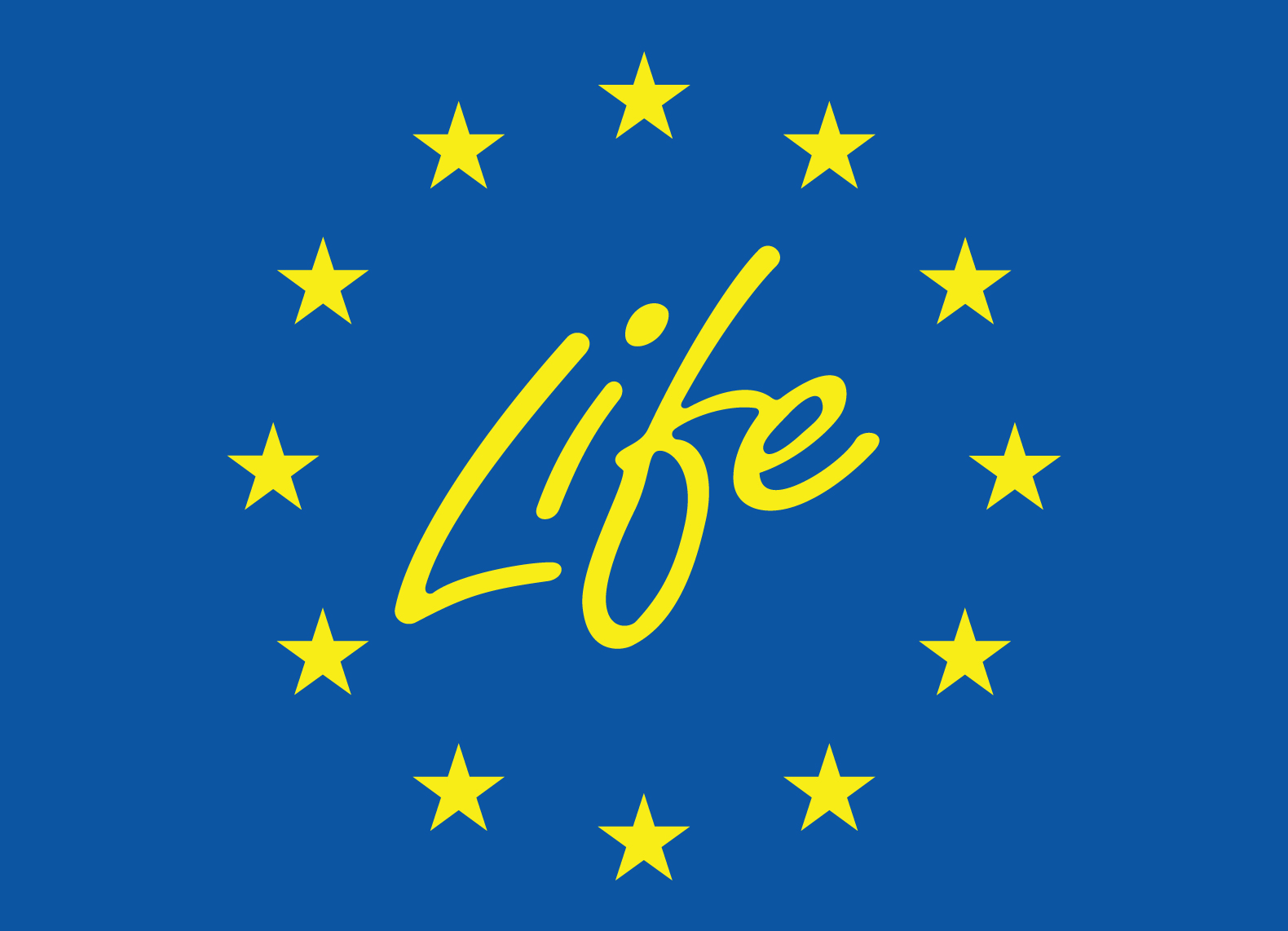 | This work has been produced with the financial support of the LIFE Programme of the European Union. It reflects only the views of the authors and not the donors. |
____
1. Measured as annual global material footprint, or raw material consumption (RMC); from Eurostat (2019). Material flow accounts statistics – material footprints. Retrieved 16 September 2020; URL.
2. The biologically productive area required to provide space for food growing, fibre production, timber regeneration, absorption of carbon dioxide emissions from fossil fuel burning, and accommodating built infrastructure (Global Footprint Network).
3. European Environment Agency (2020). Ecological footprint of European countries. Retrieved 21 September 2020; URL.
About IEEP:
The Institute for European Environmental Policy (IEEP) is a sustainability think tank with offices in Brussels and London. As a not-for-profit research organisation with over 40 years of experience, we are committed to advancing evidence-based and impact-driven sustainability policy across the EU and the world.
About GlobeScan:
GlobeScan is an insights and strategy consultancy, focused on helping clients build long-term trusting relationships with their stakeholders. We offer a suite of specialist research and advisory services, and partner with business, NGOs and governmental organizations to meet strategic objectives across reputation, sustainability and purpose. Established in 1987, GlobeScan has offices in Cape Town, Hong Kong, London, Paris, San Francisco, São Paulo, and Toronto. We are a signatory to the UN Global Compact and a Certified B Corporation.
